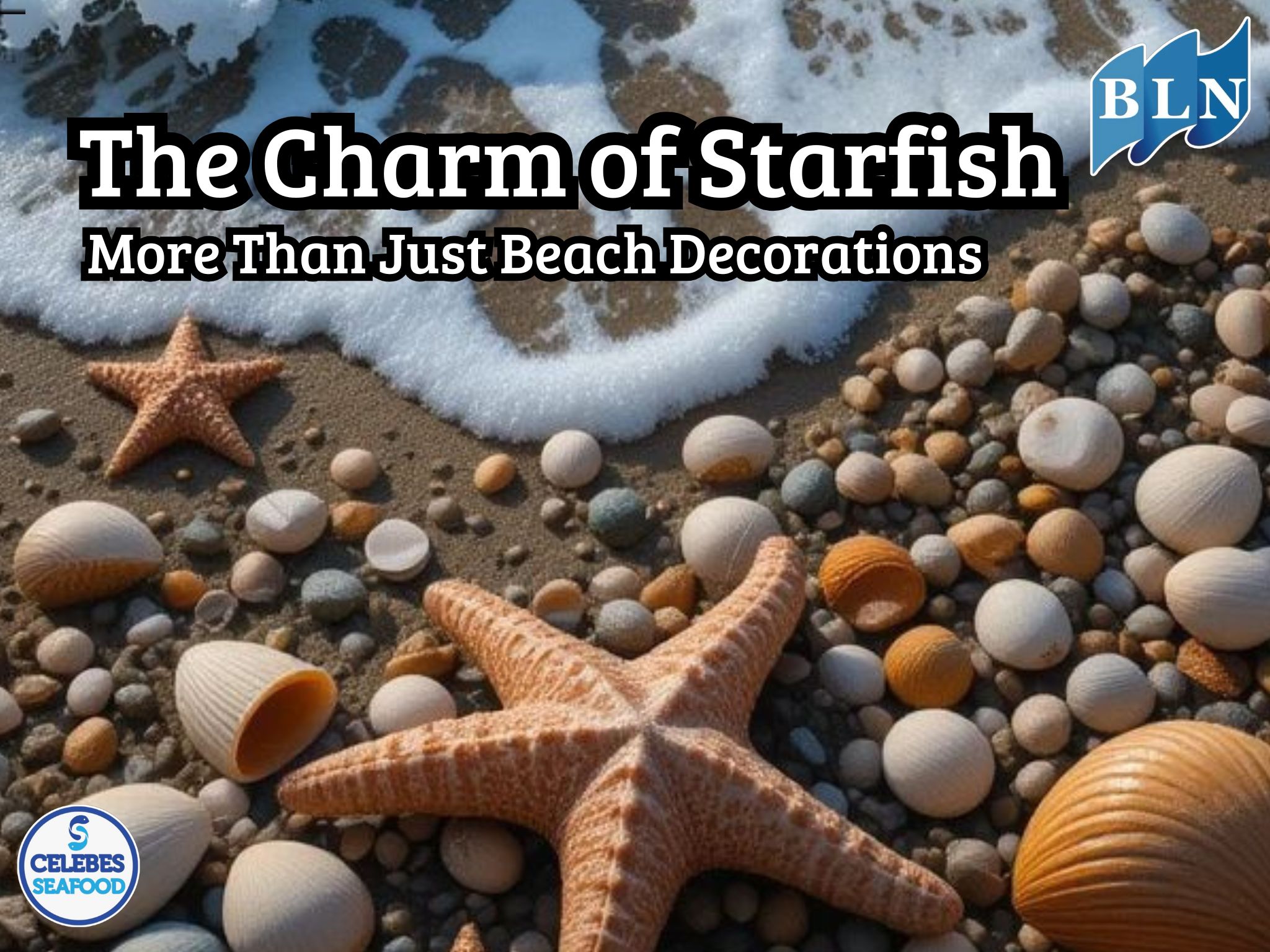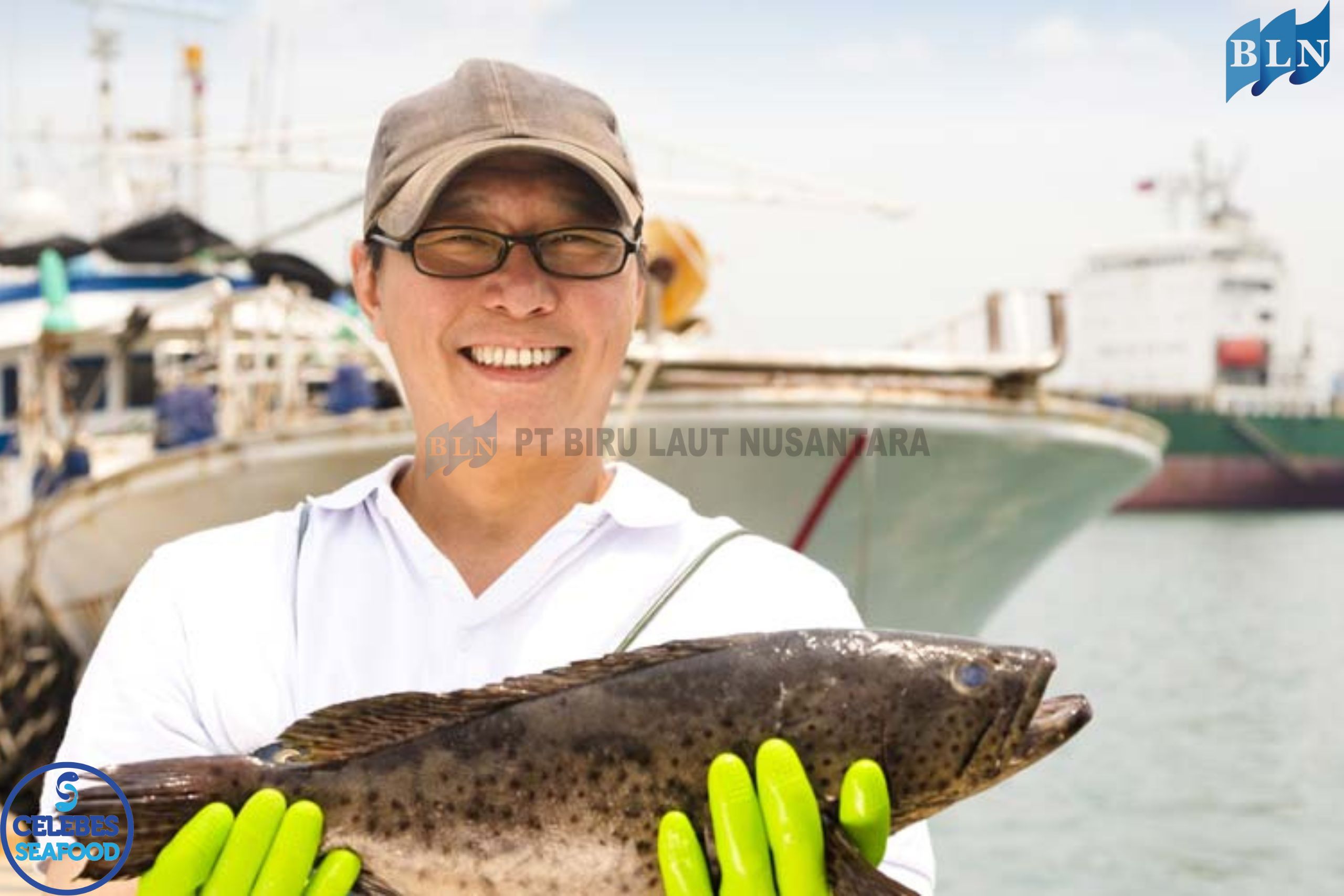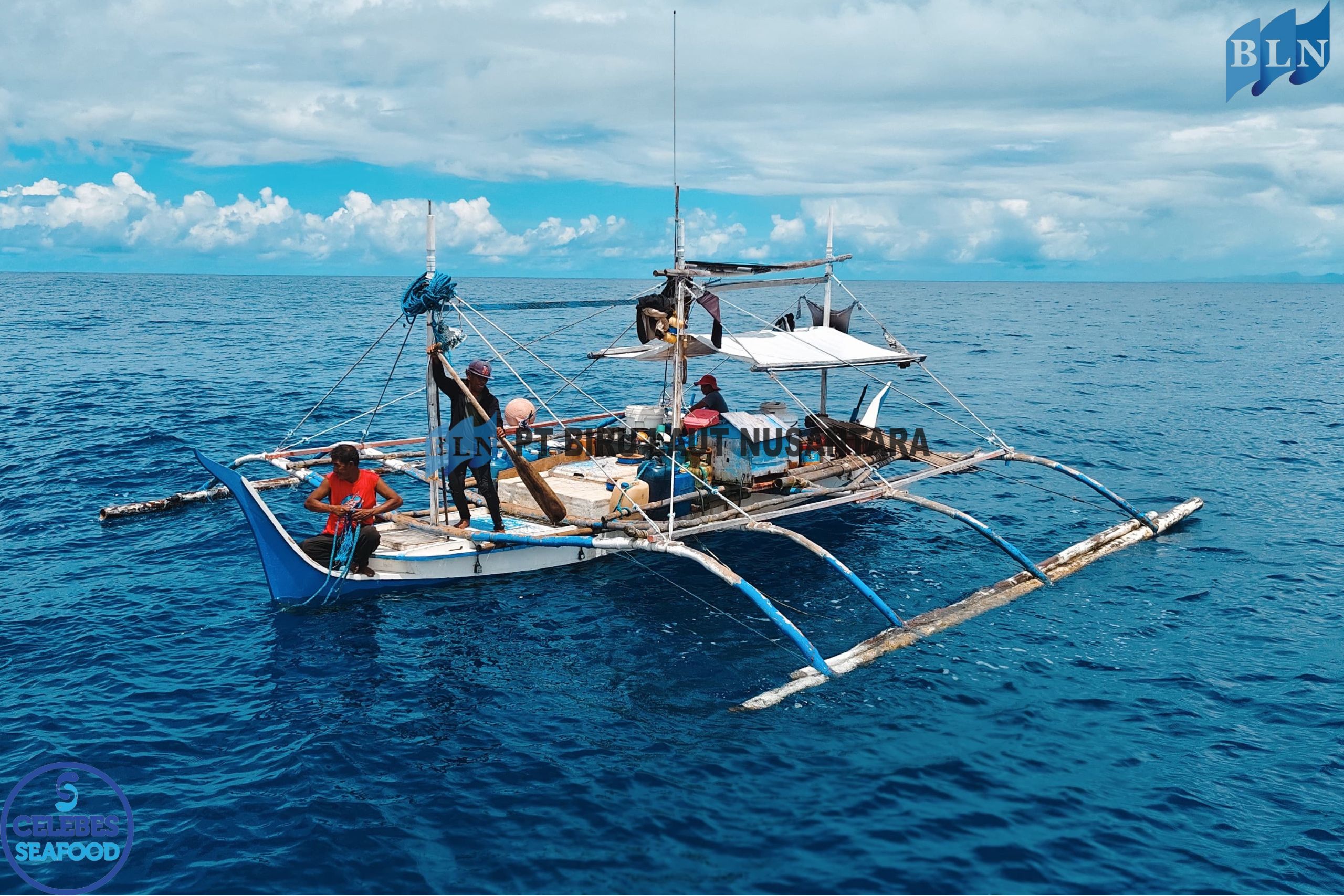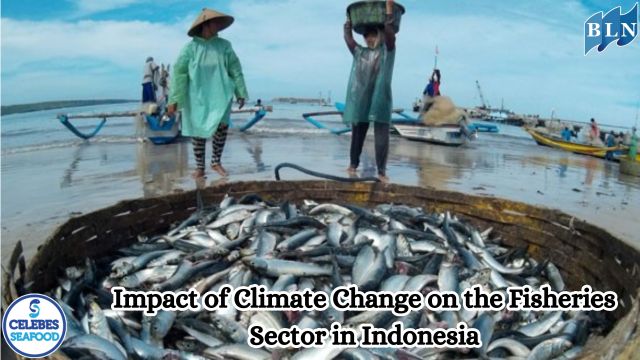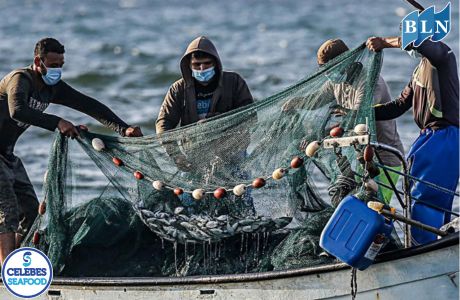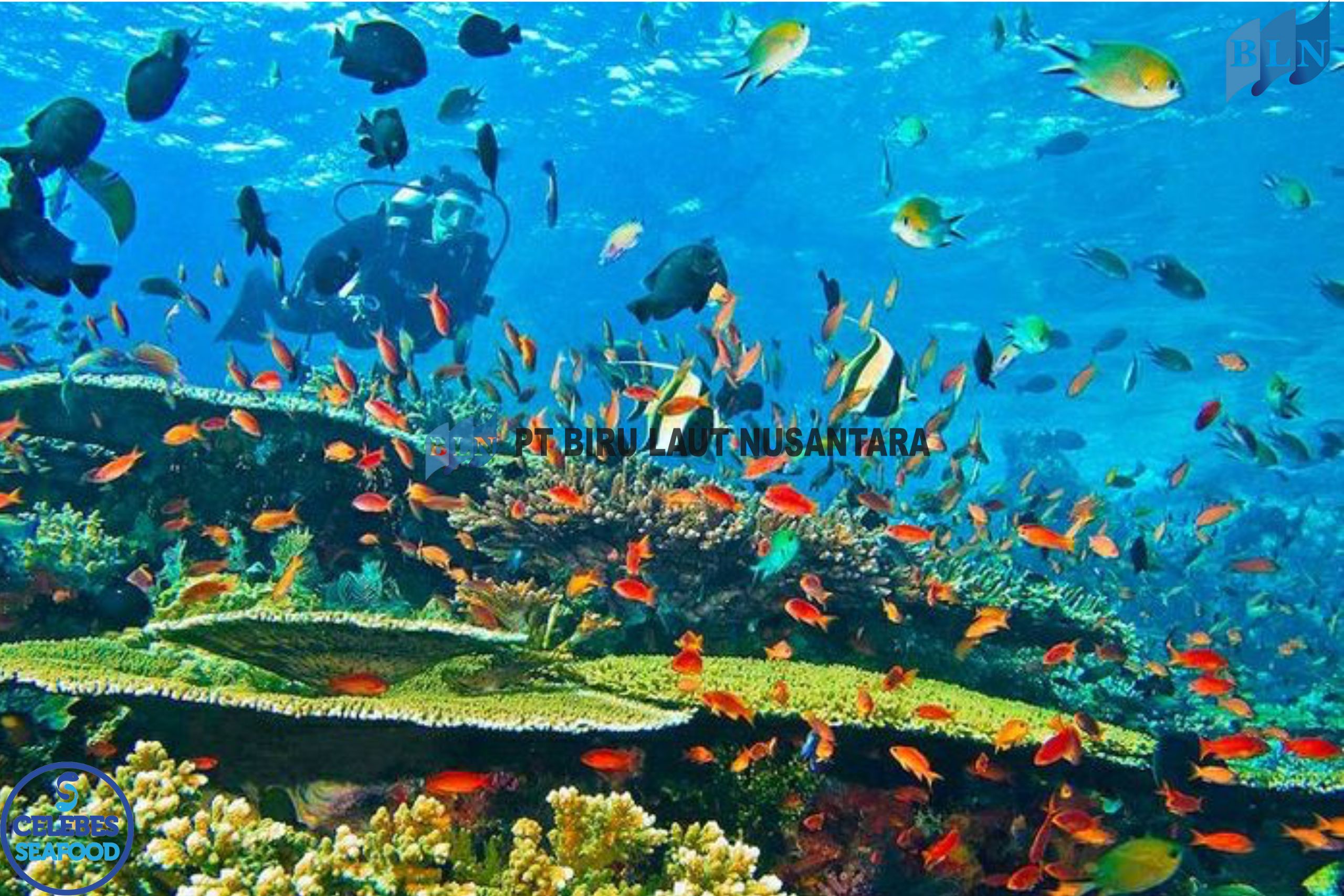Value Added of Indonesian Fishery Products: Key to Success in the European Market
By. Amma - 24 Apr 2025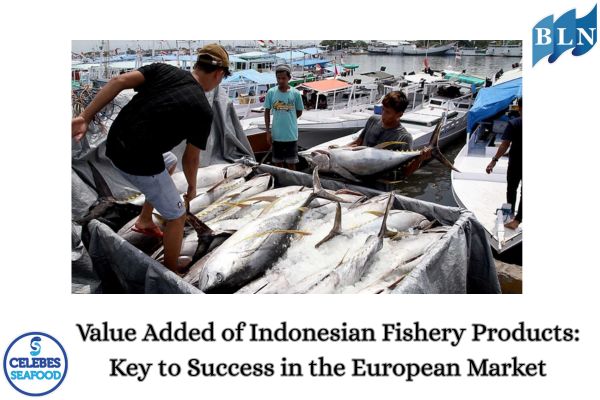
lautnusantara.com The added value of fishery products in Indonesia refers to the increase in the economic value of fishery products through various processes after harvest or capture. This can include processing, packaging, labeling, branding, and product innovation. The added value of Indonesian fishery products is one of the main keys to achieving success in the competitive European market. The European market has unique and demanding characteristics, and Indonesian fishery products need to adapt and offer more than just raw products to compete effectively.
Here are some reasons why added value is crucial to success in the European market:
- High Consumer Preference for Processed and Convenient Products: European consumers are increasingly looking for food products that are easy to prepare, have high nutritional value, and offer convenience. Processed fishery products such as frozen ready-to-cook fillets, ready-to-eat products (canned fish, seafood snacks), or products with attractive seasonings and packaging are more in demand than whole or raw fish.
- Strict Food Safety and Quality Standards: The European Union has very strict regulations regarding the quality, food safety, and traceability of fishery products. Good value-added processes, including hygienic processing, standard packaging, and a clear traceability system, are absolute requirements to be able to enter and survive in this market.
- Sustainability and Social Responsibility Requirements: European consumers are increasingly concerned about environmental sustainability and social responsibility in food production. Fishery products with sustainability certification (such as MSC or ASC) or that demonstrate responsible fishing/farming practices have added value in the eyes of European consumers and retailers.
- Potential for Higher Selling Prices: Fishery products with added value allow Indonesian exporters to obtain higher selling prices compared to raw products. This will increase profit margins and overall competitiveness.
- Product Differentiation from Competitors: The European market has many suppliers of fishery products from various countries. Added value allows Indonesia to offer products that are unique, distinctive, or tailored to European consumer preferences, thus differentiating it from competitors. For example, products with authentic Asian flavors or the use of unique local raw materials.
- Opportunities for Niche and Premium Products: The European market has a consumer segment that is willing to pay more for high-quality, organic products, or products with a clear story and origin. Indonesian fishery products with added value that focus on these aspects have great potential for success in niche and premium markets.
- Reducing Dependence on Raw Commodity Prices: Raw fishery commodity prices are often volatile and influenced by global factors. By focusing on value-added products, Indonesia can reduce its dependence on price fluctuations and create greater income stability.
Benefits of Value-Added Fishery Products in Indonesia:
- Increased Income: Products with added value have a higher selling price than raw products, thereby increasing the income of fishermen, fish farmers, processors, and other fishery business actors.
- Job Creation: The processing and marketing industry for value-added fishery products creates new jobs at various levels.
- Product Diversification: Added value produces a variety of processed fishery products that are more attractive to consumers and expand market choices. For example, fish are not only sold fresh, but also as frozen products, fillets, fish balls, fish sausages, fish crackers, fish floss, seafood sandwiches, and others.
- Increased Competitiveness: Value-added fishery products have higher competitiveness in domestic and international markets because they are unique, have maintained quality, and have attractive packaging.
- Post-Harvest Loss Reduction: Processing into value-added products can extend the shelf life of fishery products and reduce the risk of spoilage or post-harvest losses.
- Increased Efficiency: Value-added processes often involve more efficient technology and management, thereby increasing overall productivity.
- Regional Economic Development: Value-added fishery product processing centers can be the driving force of the economy in coastal areas and beyond.
- Increased Foreign Exchange: Exports of value-added fishery products contribute more to foreign exchange than exports of raw products.
If you are interested in our product Parrotfish Fillet Skin On, PARROTFISH WHOLE GILLED GUTTED please do not hesitate to contact us through email and/or whatsapp.
